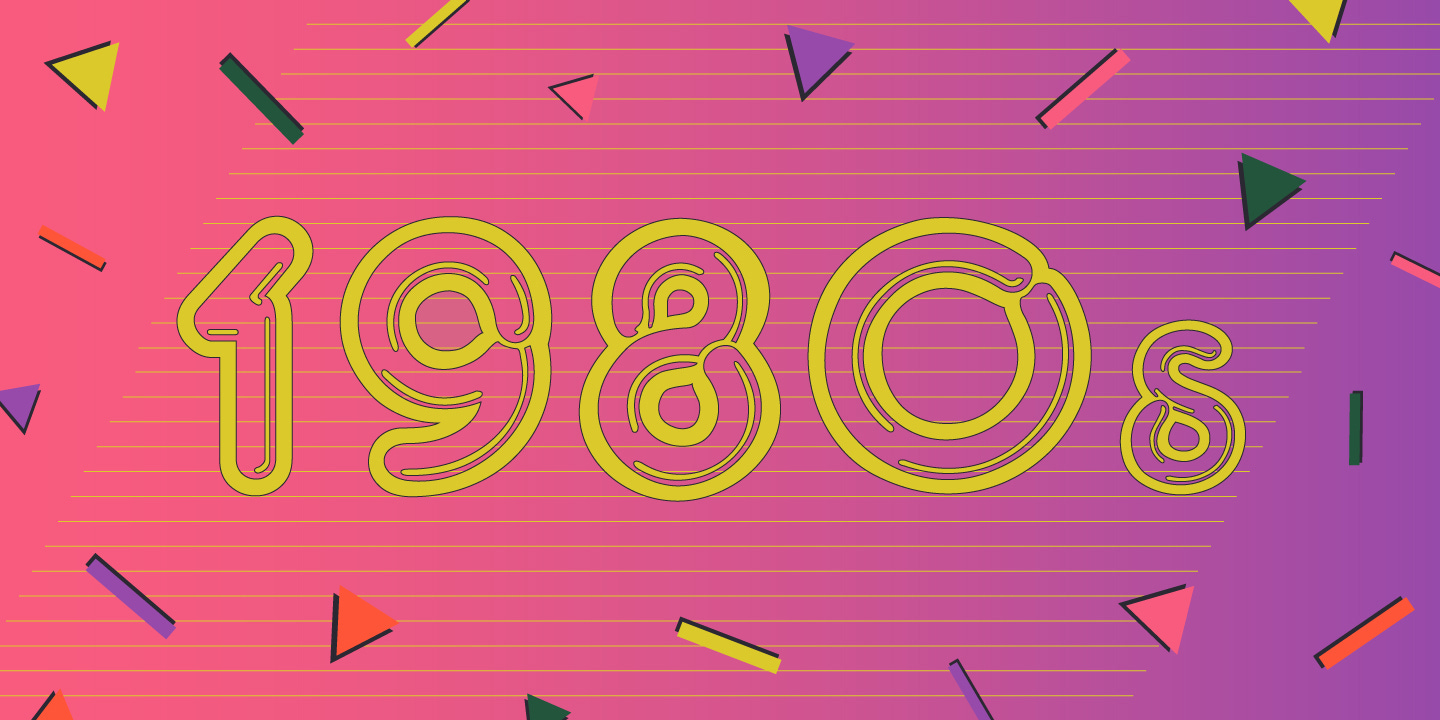reunion — a gathering of people who have not been together for some time
reuniόn — the Spanish cognate of the same meaning, but it’s more commonly used to mean a “meeting” (thus the reason for the above photo)
In honor of my upcoming class “reunion,” I thought I’d address this word today. As I mentioned in the definitions above, though, the Spanish cognate is used more to designate “meetings” like those you have at work, but even in that meaning, the word is used to show that people are coming together as one for a single purpose.
This is because “reunion” combines the prefix of “re-” with the word “union.” One of the uses of the prefix is to show that something is “being done again,” so by having a “reunion” you are making “one” out of many “again.”
My class graduated in 1986, and we were supposed to have our “reunion” last year to celebrate our 35th year since graduation, but due to Covid, the organizers postponed it a year; however, the point of a class “reunion” is to take a class that once was a cohesive unit but is now scattered across the world and bring back as many of them as possible to recreate that “unit” (a quantity of “one”) for a brief period of time. That’s the reason for any “reunion,” from class ones to family ones, etc.
When you look at the word “union” you see that it comes to us from the Latin word unus meaning “one.” In Spanish the word for “one” is “uno.” It’s pretty easy to see the connection between “uno” and “union” or even “unity.” It all involves separate things or people becoming “one.” In Spanish the cognates for those words are “uniόn” and “unidad.”
I’m sure you can think of many other words that begin with “uni-” in English that also have that sense of “oneness” in them. “University” which is “universidad” in Spanish. “Universal” is an exact cognate in Spanish. “Universe” is “universo.” “Uniform” is “uniforme” and deals with having one form or shape. There are many others, and most of them have exact or easily recognized cognates in Spanish.
Here are some that I bet you can figure out: “unicameral,” “unificar,” “unilateral,” and “único.” If you’re not sure about that last one, it means “unique,” and the point of being “unique” is to be like no other — in other words, you are in a class all to yourself, a class of “one.”
I’m looking forward to seeing my classmates again. We only have reunions every five years, so there are many classmates I haven’t seen for the past six years or longer. Sadly, we’ve also lost many over the years, so even if every classmate showed up this year (which they won’t), we can never be a true “union” of everyone that was in my graduating class the last time we were truly together as “one” in 1986.
Until next time. Please share this with anyone you know who might like to learn about words through the magic of “Cognate Cognizance.”
Tammy Marshall
p.s. The 80s were the best!















Share this post